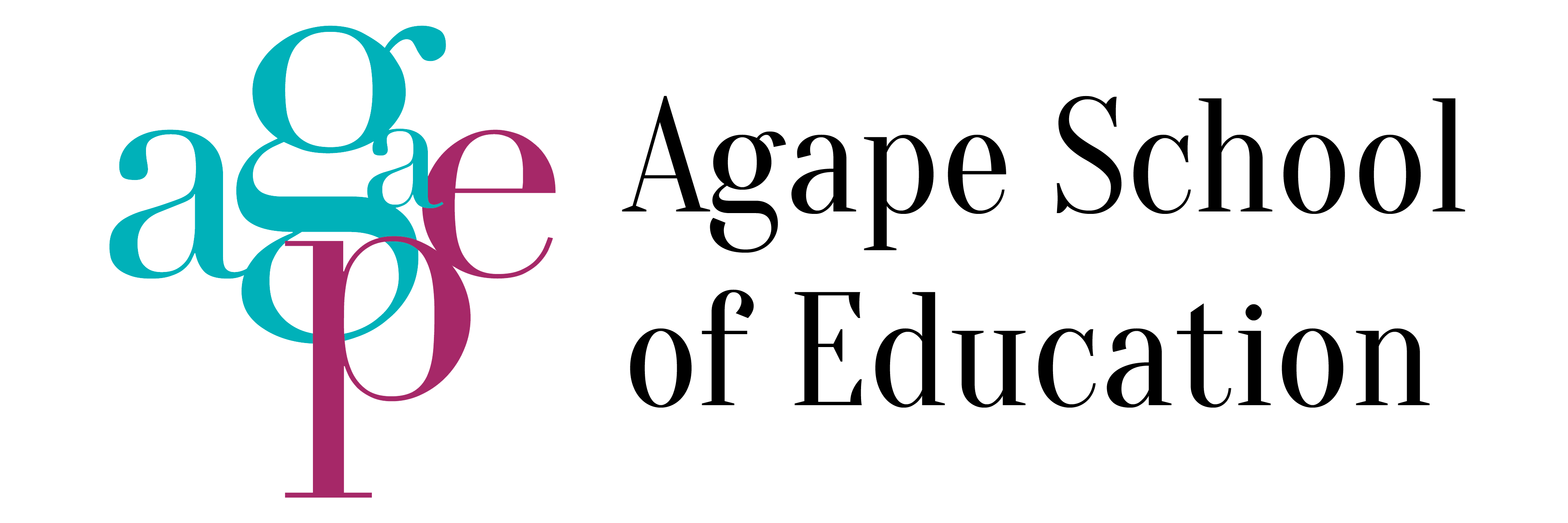To learn a foreign language, you will need skills and abilities to help you get the most of your learning experience. While most foreign languages changing structures in learning, having the basics in learning skills always apply.
To get the most of learning, you will need to learn the concept of learning first. This will help you advance to concepts in stimuli and response.
One of the gold rules behind humans’ ability to learn is that we can always modify our learning patterns and behaviours. Keep this in mind, and you will go a long way. We also have the ability to become accustomed to new situations as they come our way.
One of the other advantages we have, in addition to adapting, is the ability to recall or remember our childhood experiences. This is the crucial point. In most learning courses, you draw from your childhood learning experiences and modify them with your new learning to fit a structured pattern. For example, the first day you learned to walk is the start of the learning process, which you have modified down through the years, which now you walk steadier.
One of the most complex behaviours we have as humans is our language. Language includes reasoning and our ability to think. In fact, our reasoning and thinking abilities solely depend on our process to learn and retain information in our memory.
One of the most effective ways of learning, proven, is our ability to use psychological analysis to weigh out problems. Psychology learning has a significant view of the roles spotted in precise areas within the mind’s structure and ability to retain and adapt. Attitudes and how they are formed are noted and viewed based on the complexity of one’s attitude and beliefs learned. Personality traits in like manner are considered and noted for their representation of characteristics partly resulting in the learning processes of the human’s abilities.
Then we have our outset or conceptions. These conceptions are based on assumptions of the learning process and our ability to adapt and modify behaviours.
On a daily basis, we learn and process information that stores in the memory. We have sought-after behaviours in which we encourage from our daily learning. Sometimes we pay no attention to or even chastise our behaviours in which we criticize. This all comes from assuming that we are either rewarded for our good behaviours. Moreover, we reap consequences from our bad behaviours. We often believe that punishing bad behaviours will help us change the patterns and start developing good behaviours.
Key points to remember:
If you noticed throughout this article, we’ve implemented a structure to helps you relate to these learning concepts. The critical point that will help you to learn a new language faster is to keep in mind that you have the ability to adapt your attitudes and behaviours to fit any style of learning you choose. This will make it easier for you to get ahead in classes or score in your examinations. Take some time to review what you just read so that you can instil in your mind the abilities you have and can develop to benefit you in any type of learning.
The memory retains information more efficiently when reviewing your childhood learning and applying it to your status today. Take time to review your lessons learned, beliefs, etc., so that you can remove any doubts, fears, or areas of concern that could hinder you from learning foreign languages through training. Improving memory can help you learn a foreign language through training easier.
Improving Memory to Learn a Foreign Language Faster
When you improve your memory, you can retain the information you learn more efficiently. The more information you retain, the faster and better you learn. We all can adapt to situations that arise or change behaviours that we develop from childhood. This gives us many advantages since we can also adapt to learning foreign languages.
Often people press themselves or others to study harder, even if they’re already putting in ten hours each week on a single lesson. We often push ourselves to organize our thoughts, review our memory cautiously etc. We do these things to stimulate our ability to perform successfully to reach our peak performance. We also tend to adhere to the belief that excellent study habits will pay us great rewards. In short, we believe that our efforts will reap benefits such as improved memory.
Often when we fail, we see that all of us at one time take our memory bank for granted. One of the most common problems people face is that when taking exams, they will often forget answers to certain questions and recall the answers once the pressure is taken off. Many of us acquire stubborn, unreasonable behaviour, which promotes our willfulness to continue doing something we know, is wrong.
One of the best guides in abolishing old or bad habits is to learn the concepts of learning. Moreover, what it means to you. The learning process is perceived within us as we often explore our behaviours. We often have to rule out aspects of our personality to discover effective abilities that help us learn, even foreign languages. Since drugs, alcoholism, growth, maturation, fatigue, and growth all play a role in learning, we need to factor these elements into our learning process; this can help us see what we need to change to learn faster.
We must observe ourselves and what we learn to learn closely to retain information effectively. It’s not as simple as ticking off a checkbox; you need to understand and appreciate the knowledge, not just the words. Students must use their reasoning processes (inference) to force logical thinking from a premise to the conclusion. We draw conclusions based on evidence or our reasoning.
What you should know:
We learn more efficiently and effectively when taught directly. Occam’s razor is a theory that believes the simplest solution out of two options is often the right solution.
How does this apply to learning a new foreign language? For example, abstract concepts like mass, energy, forces unseen, maturation, drugs, alcoholism, growth, fatigue or growth, require logic leaps and assumptions to understand; and not everyone gets the concept. To simplify your foreign language journey, analyze your pre-existing logic leaps to identify the changes you need to make in how you learn to learn more effectively.




0 Comments